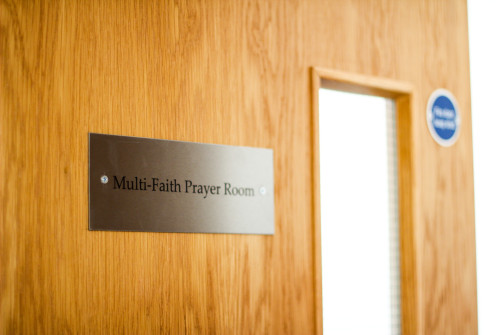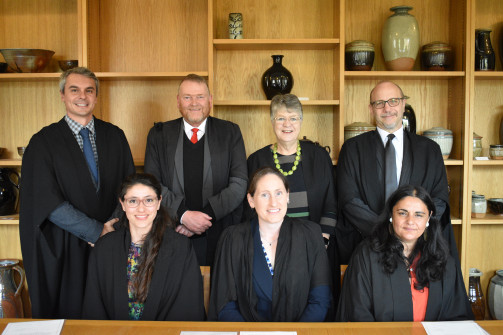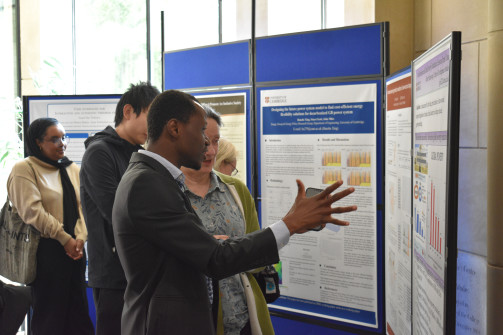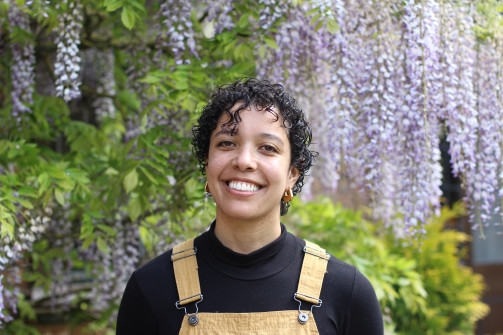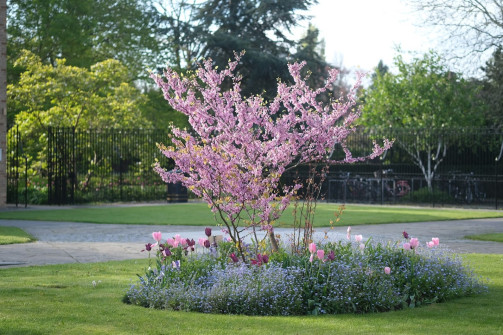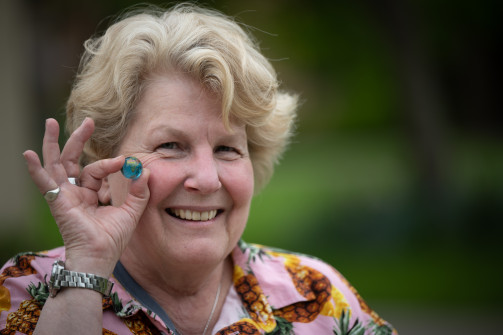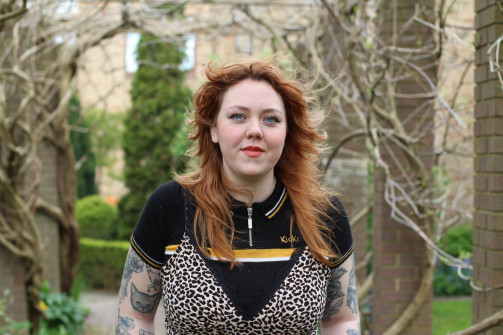Wolfson Fellow elected as a Fellow of the Royal Society
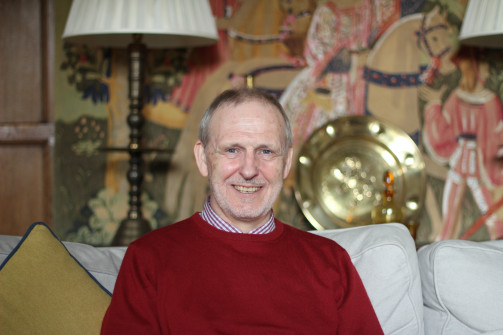
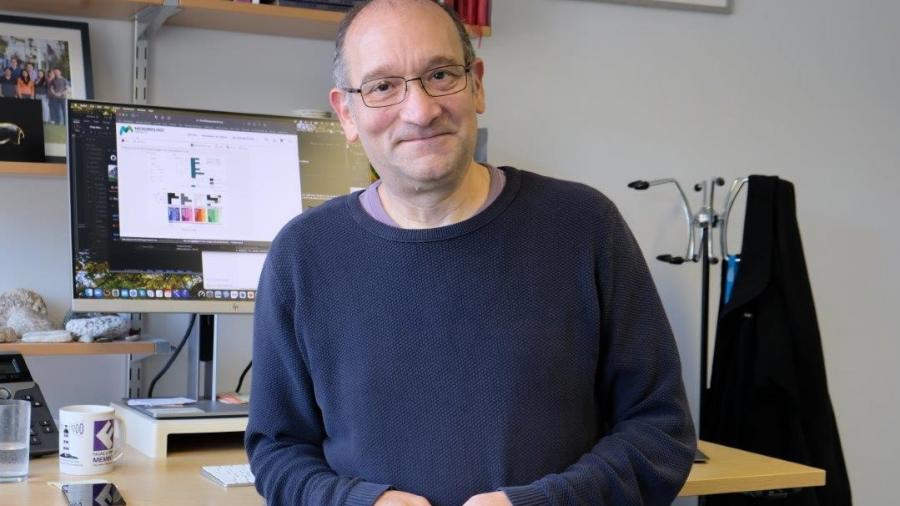
BSc PhD FMedSci FRS
Julian is a Professor in the Department of Veterinary Medicine studying bacterial pathogen emergence, evolution and transmission.

Julian gained his PhD in 1991 from the University of Bristol through work on bacterial transcriptional regulation. He subsequently pursued postdoctoral research at the University of Birmingham on the transforming proteins of adenoviruses. He then joined the Sanger Institute in 1997 working on the genomics of major human pathogens such as Bordetella pertussis, Campylobacter jejuni, Escherichia coli, Mycobacterium tuberculosis, Neisseria meningitidis, Salmonella Typhi, Staphylococcus aureus, and many others. While at the Institute he developed genomic and experimental techniques to investigate the evolution of bacterial pathogens, their interactions with their hosts, and the evolution of resistance to antibiotics and vaccines. He joined the Department of Veterinary Medicine in 2009 to continue this, and to broaden his work on transmission of pathogens between humans and animals. He is an Honorary Professor at the University of Oxford, a Visiting Professor at the London School of Hygiene and Tropical Medicine, and was elected a Fellow of the Academy of Medical Sciences in 2009, the American Academy of Microbiology in 2012, and the Royal Society in 2014.
Julian’s current research interests focus on the evolution of bacterial pathogens; their origin, transmission and adaptation to selective pressure. His group primarily uses genomic approaches as well as experimental tools to address these, and over the last few years, they have used large-scale population genomics to identify the global origin and routes of spread of many human and animal pathogens. They have analysed adaption to the host, to antibiotics and to vaccine pressure, and investigated transmission within and between human and animal populations. The group also develops bioinformatic tools; for example, bacterial genome-wide association approaches to identify genetic determinants responsible for particular phenotypes, and tools to understand bacterial evolutionary processes and pan-genome structure. His group works internationally, with collaborators in many other countries. Their work has clear translational benefits, and they have been working with local hospitals, national and international agencies, as well as the commercial sector, to enable these, while maintaining their own focus on more basic research.
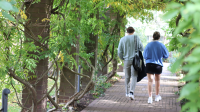
Explore our new trail featuring extracts of poetry written by Wolfson staff and students for the forthcoming WolfWords Anthology Wild.
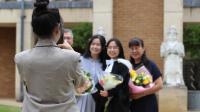
Graduation ceremonies are the culmination of students’ hard work and commitment, and a moment to celebrate the completion of their Cambridge degree.
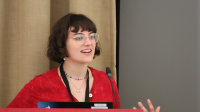
Join Wolfson postgraduate students as they talk about their research in an informal evening of interesting presentations and friendly discussion – complete with wine and cheese!
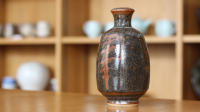
A display of works from the Bradshaw-Bubier studio pottery collection.
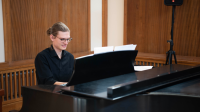
Wolfson College Music Society invites you to a concert given by some of our talented student performers.

